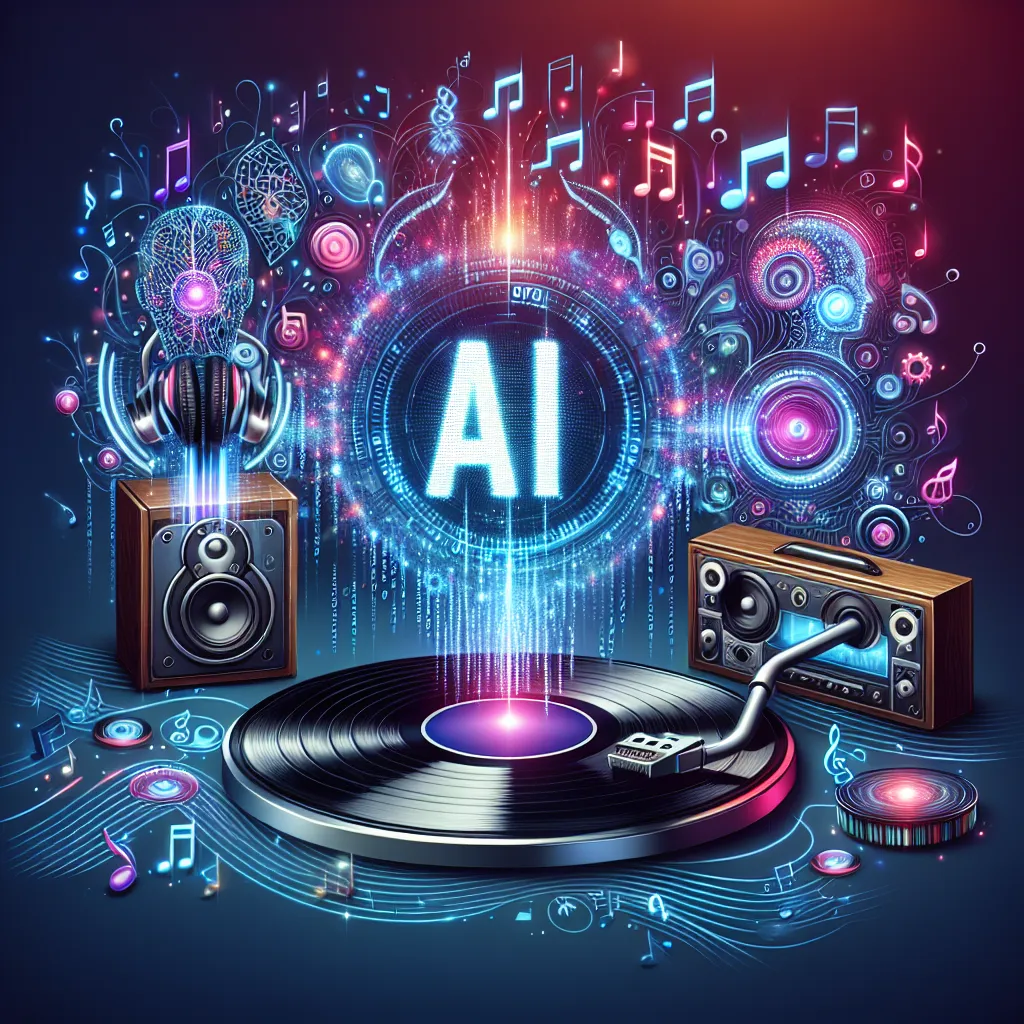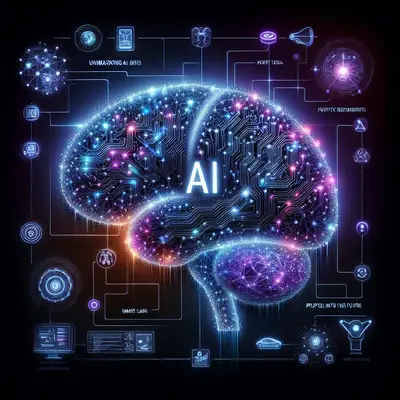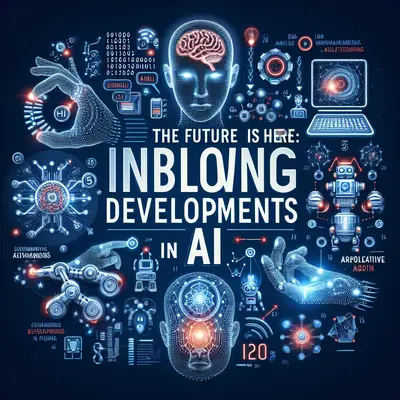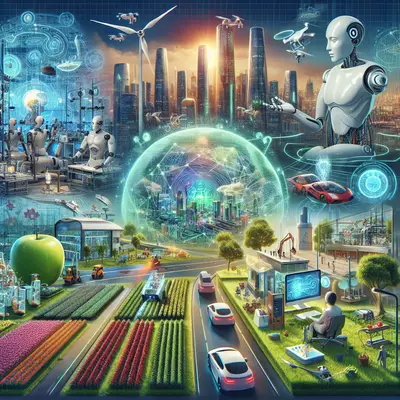Music has always been a universal language that transcends boundaries and brings people together. But what happens when artificial intelligence (AI) decides to join the band? Here's a look at how AI is tuning our musical experiences in ways you might not expect.
AI as the New Composer
AI is stepping into the shoes of Mozart and Beethoven, creating original compositions that could fool even the most discerning ears. OpenAI's MuseNet is a fascinating example of this. The AI system can generate a four-minute musical composition with ten different instruments, and it can even mimic styles from Mozart to the Beatles. It's not just about replicating existing styles though, AI is also creating entirely new genres of music.
Personalized Playlists
AI understands your taste in music better than you do. Streaming platforms like Spotify and Pandora use AI to analyze your listening habits and suggest songs that you might like. Their algorithms consider various factors such as beat, tempo, and tonal characteristics to create a musical experience tailored to your preferences. This level of personalization would be impossible without the power of AI.
AI in Music Production
AI is not just creating music; it's also helping produce it. AI tools like LANDR and Amper Music are helping artists produce, mix, and master tracks. These tools analyze a song and use AI algorithms to adjust levels, add effects, and make other enhancements that would typically require a human sound engineer.
Reviving the Legends
Imagine if we could hear new songs from artists who are no longer with us. AI is making this possible by analyzing the discography of musicians and creating new compositions in their style. AI company OpenAI has already used its technology to create a "new" song in the style of Elvis Presley. It's like a musical time machine!
AI in Live Performances
AI is not just behind the scenes; it's also taking center stage. Some artists are using AI to enhance their live performances. For instance, UK-based artist Taryn Southern used an AI tool called Amper to produce her album. During her live shows, she uses an AI program to manipulate her vocals in real-time, creating a unique sound.
Conclusion
Artificial intelligence is making waves in the music industry, from creating new compositions to enhancing live performances. As AI continues to evolve, who knows what the future of music will sound like? It's a fascinating time to be a music lover!



